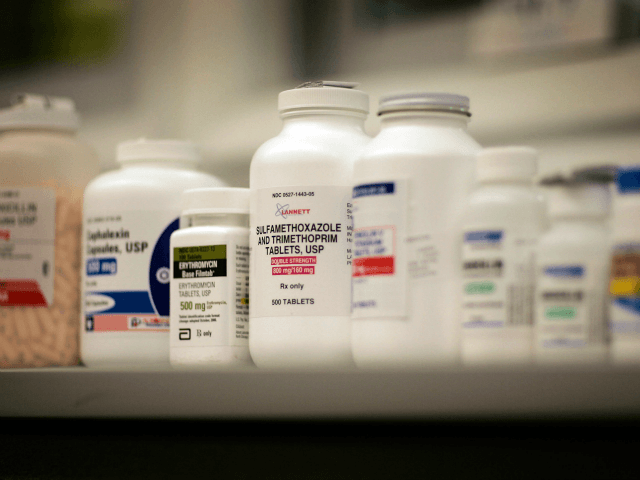A new study showing rapid adaptation of harmful bacteria able to resist even the sternest antibiotics has led a number of scientists to warn of an imminent “post-antibiotic era” when current medicine will find itself unable to treat many common diseases that seemed to have been beaten once and for all.
The term they are using to describe this state is an “antibiotic apocalypse.”
As medicine has advanced, enabling physicians to combat harmful bacterial strains through the use of antibiotics, the bacteria themselves have evolved as well, finding their way around the obstacles put in their path. But the new study conducted by an international team of twenty researchers on a colistin resistance mechanism in animals and human beings in China shows a much faster rate of adaptation via horizontal gene transfer that may signal the emergence of pan-drug-resistant bacteria.
An article announcing the results of the study appeared November 18 in The Lancet Infectious Diseases, a UK-based monthly journal of medical research and review relating to clinical infectious diseases worldwide.
The team of scientists — from the South China Agricultural University in Guangzhou, the China Agricultural University in Beijing, and other institutions — have discovered a new mutation, which they are calling the MCR-1 gene, which prevents colistin from killing bacteria. Their study found the resistant bacteria in pigs, raw pork samples and 16 human patients in China.
The bacteria are immune to colistin, a 50-year-old antibiotic considered a drug of last resort against an especially dangerous group of pathogens that have become increasingly resistant to antimicrobial drugs.
The scientists described the emergence of mcr-1 as “the breach of the last group of antibiotics” by plasmid-mediated resistance.
Though for the moment the resistant bacteria seem confined to China, and perhaps Laos and Malaysia, the researchers said it was just a matter of time before it goes global.
The gene had already shown the ability to move among several virulent bacterial strains, including E. coli, Klebsiella pneumoniae and Pseudomonas aeruginosa, and the researchers warned that the resistance could easily spread around the world.
For years scientists have been presaging the emergence of bacteria completely resistant to treatment, which would render modern medicine incapable of combatting even simple infectious diseases that are now controlled in much of the world. If this were to happen, many predict that common infections would become killers as they were in the past, while other medical procedures dependent on antibiotics—such as surgery and cancer therapies—could become unworkable.
According to one of the scientists working on the study, Prof Timothy Walsh, “All the key players are now in place to make the post-antibiotic world a reality.”
Walsh and his teammates believe that the new mutation’s ability to spread means that it will certainly become a threat to the entire world.
“If MRC-1 becomes global, which is a case of when not if, and the gene aligns itself with other antibiotic resistance genes, which is inevitable, then we will have very likely reached the start of the post-antibiotic era,” he said.
“At that point if a patient is seriously ill, say with E. coli, then there is virtually nothing you can do,” he said.
Bacteria’s ability to develop a resistance to antibiotics is well known, but the study reveals a mutation that is very easily shared between bacteria.
“The transfer rate of this resistance gene is ridiculously high, that doesn’t look good,” said Prof. Mark Wilcox, from Leeds Teaching Hospitals NHS Trust.
Wilcox said that developments in medicine are not keeping up with the evolution of antibiotic-resistant bacteria and it is clear that “we’re losing the battle.”
“Do I fear we’ll get to an untreatable organism situation? Ultimately yes,” he said. “Whether that happens this year, or next year, or the year after, it’s very hard to say.”
The team of scientists said that their findings emphasize “the urgent need for coordinated global action” against pan-drug-resistant Gram-negative bacteria.
Follow Thomas D. Williams on Twitter @tdwilliamsrome

COMMENTS
Please let us know if you're having issues with commenting.